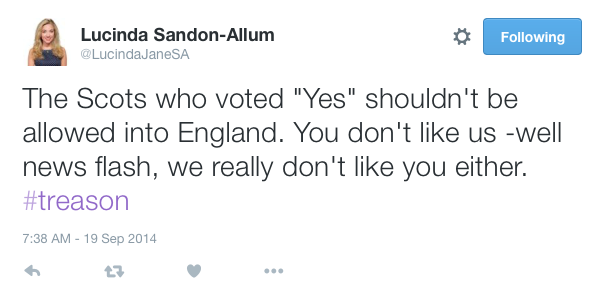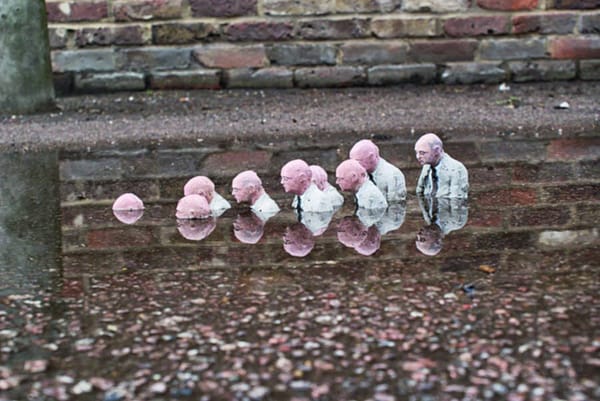All I want for Christmas is the truth
Not excited for Christmas? Maybe it’s because your parents lied to you

Every year, a strange phenomenon occurs: trees are decorated, gifts are exchanged, and the world decides that it is again time to deceive millions upon millions of impressionable children.
Whenever someone discovers that I’ve never believed in Santa, the customary reaction is to lament my poor, deprived childhood, which must have been so dull without the magic of Father Christmas. It is as if I had revealed that my parents used to give me a lump of coal, a slice of bread and lock me away in my room for the day. In fact, I was positively spoiled at Christmas; I got to spend time with my whole family, make and eat delicious food, and exchange gifts with people I love, things which I used to get excited for and still do, because none of those things was pulled out from under my feet when I discovered it wasn’t real.
Few sentences inspire more sorrow in me than “I don’t get excited for Christmas any more.” It is a sentence you hear from more and more people growing up, and is invariably, in my experience, said by people who used to believe in Santa. This is no coincidence – when most of your excitement for a festive day stems from your absolute belief that a quaint old man with a beard will miraculously appear in your home and leave whatever you wish for at the foot of your bed, it is little wonder that when the illusion is killed, so is most of your buzz.
On a more sinister level, the belief (or lack thereof) in Santa creates a weird power dynamic between older and younger children, especially siblings. Having never believed, I can’t be sure, but I imagine that most children don’t find the truth in a “the talk”-esque chat with their parents. It could be a school friend who found out early accidentally blurting out the harsh reality – or worse, it could be deliberately revealed in spite. Either way, it is an embarrassing and awkward moment which wouldn’t have to be endured if people stopped lying to children and let them enjoy the story of Father Christmas for what it is – a story.
These practical considerations aside, the crux of the matter is that children shouldn’t be lied to unnecessarily. I don’t want my children to grow up not trusting what I say, and although leading kids to believe that Santa is real is seemingly innocuous, it is still a lie. It still teaches them that their parents don’t think it’s important to tell them the truth.









